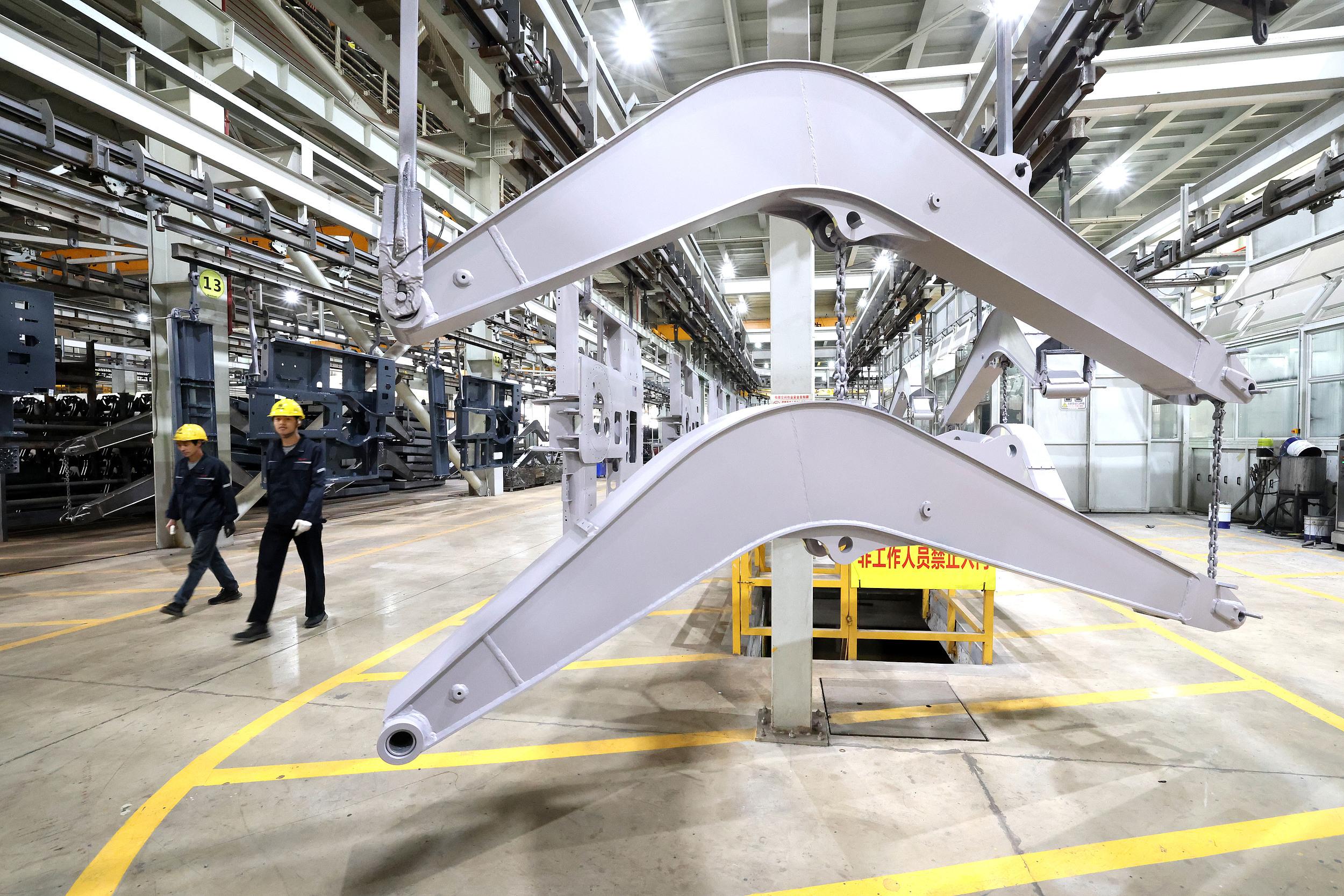Pilot-scale Testing Platforms Boost Innovation

In order to rapidly incubate and nurture a new generation of innovation-driven enterprises, Quanzhou, a major manufacturing hub in southeastern China's Fujian province, is accelerating the transformation of scientific and technological achievements by developing pilot-scale testing platforms.
Notable progress has already been made. The Fujian (Quanzhou) Institute of Advanced Manufacturing Technology has successfully commercialized six technologies and incubated seven tech-based firms. Meanwhile, at the Qingyuan Innovation Laboratory, five pilot projects have attracted over 480 million RMB in investment, with market valuations exceeding 1.5 billion RMB.
"We are leveraging Quanzhou's rich industrial application scenarios, especially in fields such as AI, nuclear medicine, and low-altitude economy, to build fully equipped public pilot testing lines," Shi Siquan, director of the Quanzhou Science and Technology Bureau told Science and Technology Daily. These facilities aim to attract national talent to conduct sample development and scenario-based testing, enabling projects to seamlessly move in and start operating.
Removing bottlenecks
One breakthrough in skin-friendly textile technology led to over 1.2 billion RMB in added output for a local company. As one of China's first "Sci-tech Innovation China" demonstration bases, the Shishi Garment and Accessories Industry Research Institute worked with Sunable (Fujian) Textile Technology Development Co., Ltd. and Xtep (China) Co., Ltd. to establish a performance evaluation system for fabrics and successfully industrialize the technology.
"Pilot-scale testing platforms played a key role in this success," said Wu Feixiang, director of the Shishi Industry and Information Technology Bureau. The institute focused on green textile processes and collaborated with Professor Zheng Laijiu's team from Dalian Polytechnic University to develop a pilot-scale platform for the research and application of supercritical CO2 waterless dyeing technology, creating a full chain from R&D to scaled production. This has helped companies validate new technologies, accelerate product updates, and bring innovation to market.
Quanzhou has invested over one billion RMB at city and county levels to co-establish more than 30 high-end innovation platforms with leading universities, institutes and enterprises.
Flexible construction and operation models
Quanzhou is pioneering flexible and diverse models to build and operate pilot-scale testing platforms that bridge the gap between research and industrial application.
The Qingyuan Innovation Laboratory, jointly established by the Quanzhou government, Fuzhou University, and Sinochem Quanzhou Petrochemical Co., Ltd., has built eight pilot lines focused on advanced fiber materials, wet electronic chemicals, and hydrogen-ammonia catalysis. Five of these lines follow a lab-enterprise co-construction model, attracting 61.6 million RMB in corporate investment.
According to Wu Zhiyun, an official at the Quanzhou Science and Technology Bureau, a new model involves enterprises purchasing pilot equipment while universities provide facilities and R&D teams. They then participate in project profit-sharing through technical equity or patent transfers. Through joint efforts in prototyping and real-world application testing, these partnerships accelerate the incubation and transformation of new technologies in Quanzhou.
Stronger platform infrastructure
The Fujian (Quanzhou) Institute of Advanced Manufacturing Technology is focused on intelligent manufacturing and robotics. It has established a pilot testing base of approximately 5,000 square meters, where debugging and pilot production can be carried out for projects such as automated guided vehicles, inspection robots, and force and speed feedback systems. Researchers are currently planning the construction of a full production line for intelligent inspection robots, including manufacturing, assembly and debugging.
According to Zhang Jing, director of the Science and Technology Bureau in Fengze district of Quanzhou, the institute has established a technology investment company to convert research results into equity. By partnering with investors to create new ventures and leveraging the pilot testing platform, they are improving processes and iterating products to accelerate commercialization.
The platform has already incubated seven tech-based enterprises. Among them is a company specializes in intelligent operation and maintenance robots for the railway sector, with an annual output value exceeding 20 million RMB.







